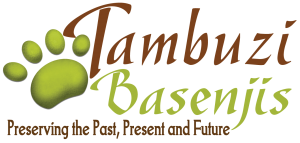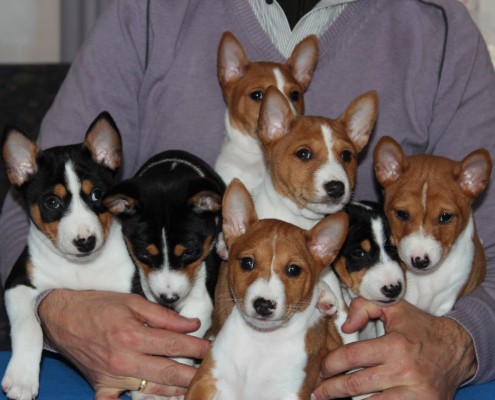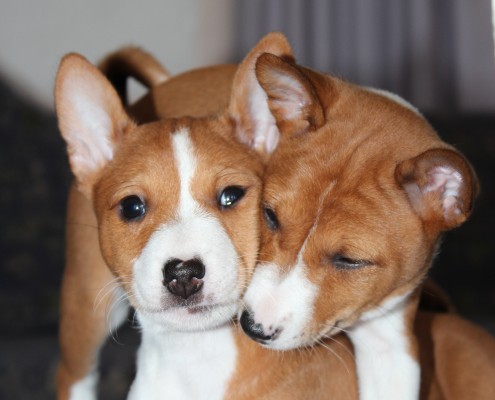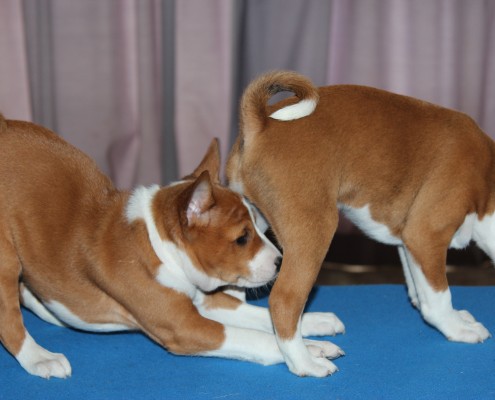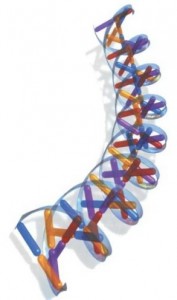If you are looking for a Basenji puppy this page explains a little about my forthcoming litters.
If all goes well it will be a busy year for Tambuzi - two litters are planned this year. All being well the following matings will take place:
Willow and Breaker
Willow and Breaker make for an interesting combination. They compliment each other's virtues and where Willow is lacking Breaker makes up for and vice versa. Both Willow and Breaker will have fully completed health tests, including hip analysis and eye screening before they are bred. This will be an exciting litter and I thank Breakers owner for the opportunity of using this handsome young dog.
Meet the Parents - Willow and Breaker
Carefully selected for temperament, health and conformation
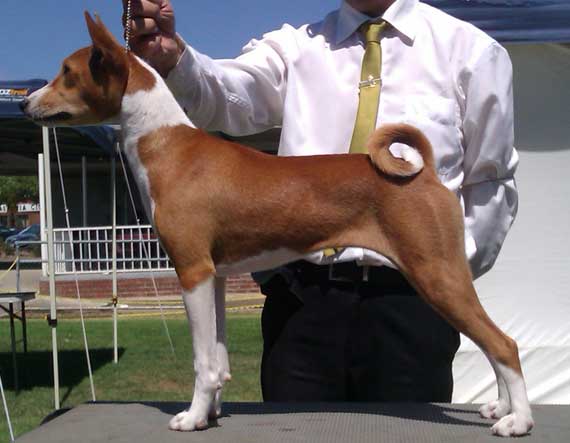
Aust Ch Tambuzi The Secret Of Roan Inish
Willow was, until Lyra came along, the baby of the house along with her brother Arthur. Willow has all the usual Basenji traits. She is exuberant and is always seeking my attention. Although, most of my Basenjis are tail waggers, Willow is the tail wagger extraordinaire. Whether you are a new person who she has not met before or an old friend she will greet you with a ‘propeller’ tail. Willow has been a consistent winner in the show ring with many Best of Breeds and a Runner Up in Group to her credit.This will be Willow’s first litter.
HEALTH INFORMATION
Fanconi Syndrome: Normal by Parentage History
Pyruvate Kinase Deficiency: Normal by Parentage History
Late Onset Progressive Retinal Atrophy: Carrier
PennHIP: DI: Right = 0.29 Left 0.29 in tightest 5% for breed. Breed average DI 0.46.
PPM: Normal.
Coloboma: Normal
PRA: Normal
Cataracts: Normal
Colour: Red, carries tan points.

Ch Tambuzi The Master Of Ascallon
Gus quickly gained his champion title with fairly limited showing. He has matured beautifully. He attended the 2018 Basenji Breed Network Qld Speciality Show judges by breeder judge Mrs S Bridges (USA) where he was awarded Best Opposite Sex.
HEALTH INFORMATION
Fanconi Syndrome: Normal by Parentage History
Pyruvate Kinase Deficiency: Normal
Late Onset Progressive Retinal Atrophy: Normal by Partenage History
PennHIP: DI: Right = 0.42 Left 0.35 in central 90% range for the breed. Breed average DI 0.46.
PPM: Few find iris-iris PPM strands
Coloboma: Minute optic nerve head coloboma
PRA: Normal
Cataracts: Normal
Colour: Pure for red
